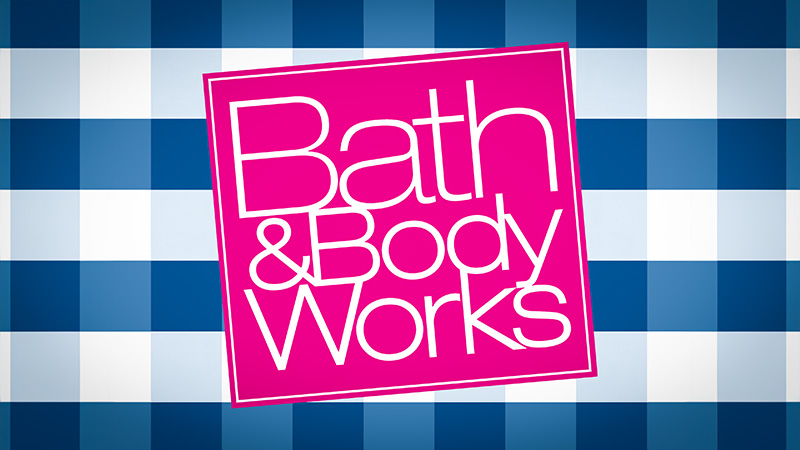
The journey of a product from conception to consumer is often complex and lengthy. For instance, a $7.95 bottle of Bath & Body Works foaming hand soap used to take three months and a 13,000-mile journey to reach the company’s Ohio distribution center. However, Bath & Body Works embarked on a transformative production initiative to streamline this process and expedite product delivery.
The company established a “beauty park” on the outskirts of Columbus, Ohio, where every step of production occurs within a few feet of each other. This innovative approach has reduced the time to get a bottle to distribution to just 21 days and a few miles. This reshoring effort, which began in 2008, required significant negotiation with suppliers and resulted in a campus that includes ten manufacturers and millions of square feet of production and warehouse spaces.
The reshoring trend, driven by disruptions from Covid-19, severe weather, trade wars, and geopolitical tensions, has led to a factory building boom in the U.S. The government, recognizing the strategic importance of domestic industries, is investing heavily in this area. Over the next decade, public and private investment in reshoring is estimated to reach $3.5 trillion.
However, replicating Bath & Body Works’ model is not without challenges. Factories operate within complex networks of suppliers, parts, and expertise, and moving these networks can be costly. Additionally, land, labor, and compliance with environmental and zoning laws generally cost more in the U.S. than in China and developing countries.
Despite these challenges, Bath & Body Works’ initiative has proven successful. The company can roll out around 7,000 new scented products a year, and its sales reached $7.56 billion last year, an increase of more than $2 billion since 2019. The company’s beauty park strategy revolves around the rapid design and production of new products, allowing Bath & Body Works to charge premium prices and avoid discounts and leftovers. This model, combined with the company’s ability to closely monitor sales and place additional “instant” orders for popular products, has helped cover the added cost of local manufacturing. Bath & Body Works’ reshoring initiative serves as a testament to the potential benefits of bringing production closer to home.





